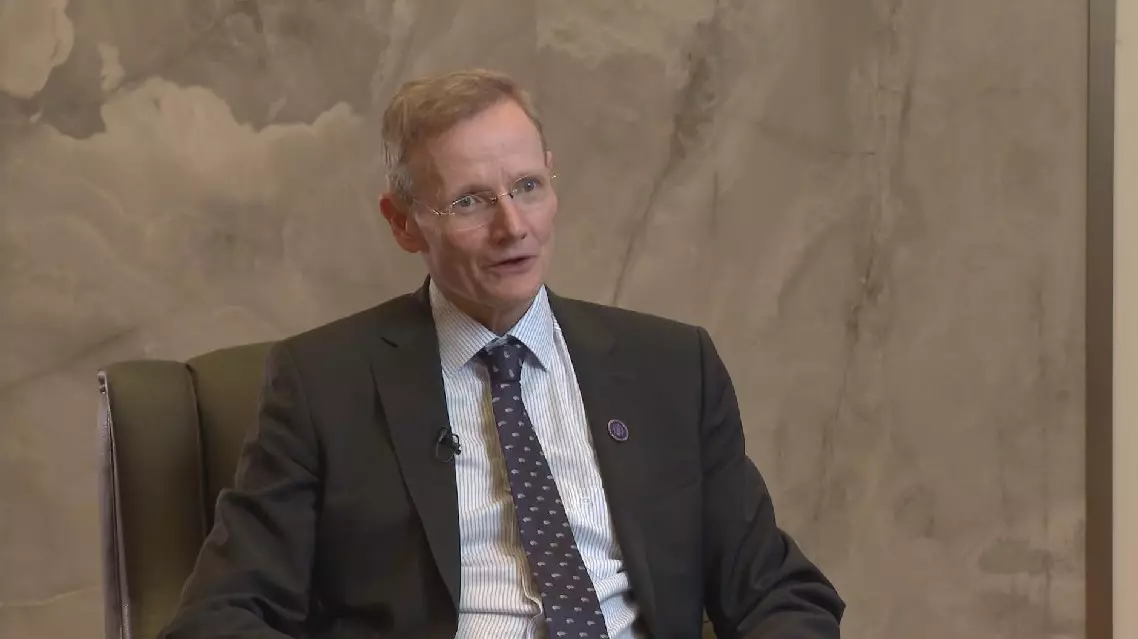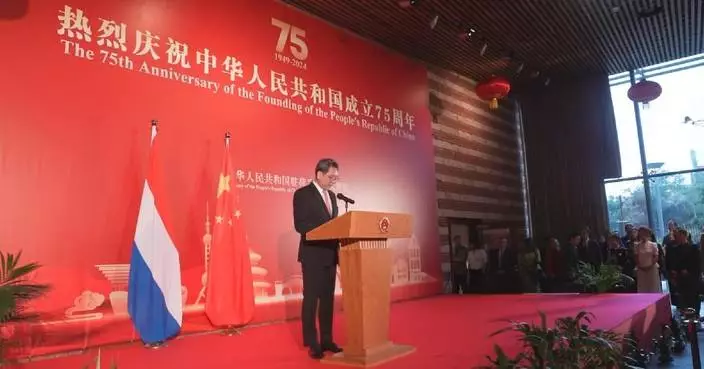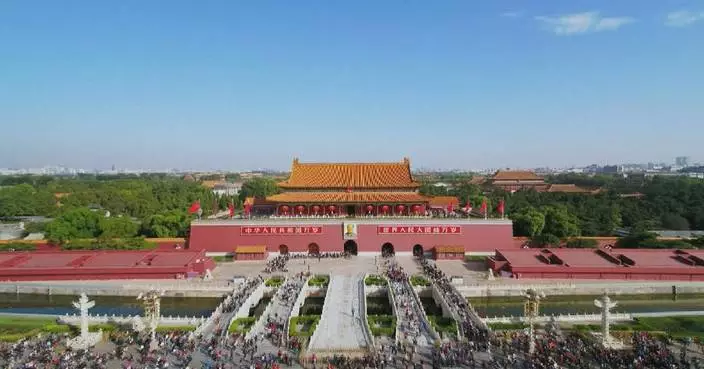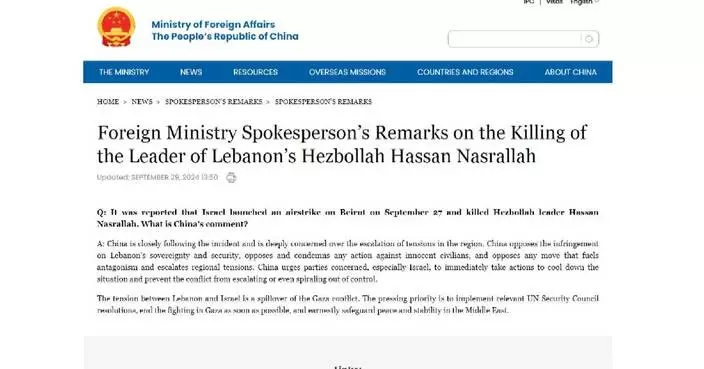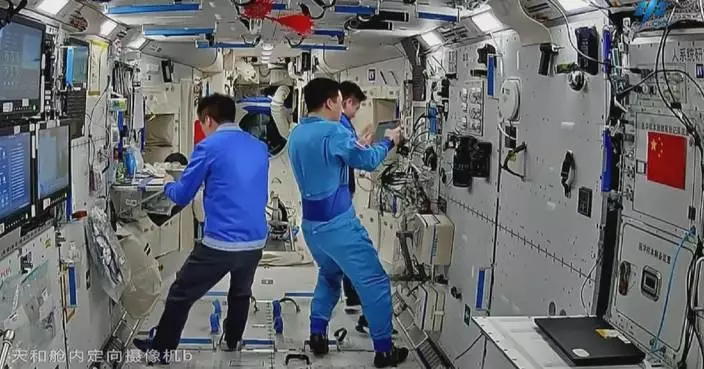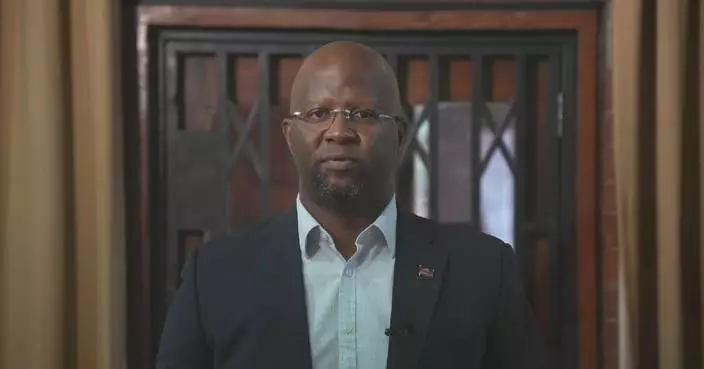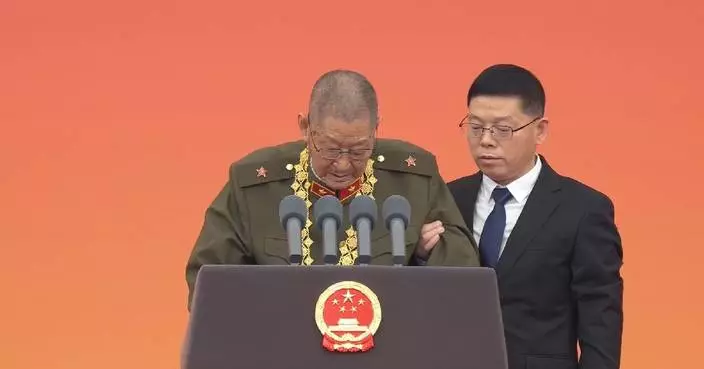Following President Xi Jinping's call to protect the Erhai Lake in southwest China's Yunnan Province, students from Beijing's top agricultural university have embarked on a mission over the past few years to assist locals with agricultural production that promises much less damage to the lake's ecology, a great boost to their livelihoods, and a more harmonious relationship between man and nature.
Located in the city of Dali, the Erhai Lake sits at about 2,000 meters above sea level and covers more than 250 square km. Dubbed the "mother lake" by locals, the serene, ear-shaped freshwater lake attracts tens of millions of tourists every year.
However, as some villages there still struggle with how to balance environmental protection with the need to ensure local livelihoods, students from Beijing Agricultural University have traveled there to assist. Their mission: to promote the development of green agriculture and make sure the Erhai Lake stays clear and beautiful.
"Through research, it was found that the issues in Gusheng Village include the difficulty of balancing the protection of the Erhai Lake with increasing farmers' incomes. And farmers' traditional fertilization practices are also a big problem," said Chen Huan, a postgraduate student of Beijing Agricultural University.
Like all the farmers in Gusheng Village, 55-year-old He Licheng had always relied on using large quantities of water and fertilizer to grow his crops, an environmentally harmful approach to which he rarely gave any thought.
The first task for Chen Huan's team was to convince the farmers there to abandon their long-held practices and adopt what's known as precision fertilization. However, He Licheng and many others like him were skeptical at first.
He Lifeng didn't change his farming approach until the students explained that fertilizer runoff will enter the lake and severely pollute the water.
He said that he changed his mind because of President Xi's call to protect the Erhai Lake during his inspection tour of Yunnan in January 2015.
"I took a photo beside the Erhai Lake. I told them I would take another photo years later and hope the water would be cleaner and clearer than what I saw. If not, I'll hold you accountable," President Xi said to a crowd of farmers in 2015.
He Licheng was right there at that moment. He and other villagers took President Xi's words to heart and turned them into action.
Fishermen stopped their reckless fishing, and families living along the shores of the river relocated. He Licheng and other farmers also joined the efforts to reduce the negative impacts of farming practices on the lake's ecological system.
"At that time, we didn't understand the conflict between agriculture and the pollution of the Erhai Lake," the farmer said.
With the introduction of new methods and eco-friendly smart fertilizer, farmers, unsure about the yield before, are finally welcoming the harvest season this year, a season with unexpected outcomes.
"Look at this field. We've had a bumper harvest this year! The stalks are longer, which means the yield has increased and the grains are fuller, too," said He Licheng, beaming.
"When we measured the yield, we found it was much higher than with our traditional methods. We thought, 'Wow, this is a magic!'" he went on.
He Licheng said he realized that protecting the environment and boosting the villagers' income could go hand in hand, thanks to science and technology.
The surprises didn't end there. As Erhai Lake cleared up, lush golden fields expanded. The once-quiet Gusheng Village turned into a popular tourist destination.
"Look at Gusheng Village now. There are over 100 guesthouses here! When we first arrived here, there were only three. And now, look, there are so many more," said Chen Huan, the student from Beijing.
Among these guesthouses is one owned by He Licheng himself. He says the number of tourists has soared over the years.
"When President Xi came, he told us that 'lucid waters and lush mountains are invaluable assets.' I didn't really figure out the meaning. Now, seeing the reality, I finally get it," the farmer said.
Now the farmers and students are wishing President Xi would come here and visit the lake again to see how it has transformed over the years.
President Xi, instead, replied to a letter from the university students, in which he applauded their contributions to rural revitalization and encouraged them to work harder.
"What you said is very well put, that young people should seek out challenges on their own. I hope you students will set ambitious goals while staying grounded, combining classroom theory with rural practice. I hope you can make significant contributions to rural revitalization and devote your youth and strength to speeding up rural and agricultural modernization and the construction of a modern socialist country," Xi said in his letter which was read out by Chen Huan.
Chen Huan has stayed in Gusheng Village for two years, still devoted to her mission there, and so are the new college students who keep coming down to the rural areas these days.
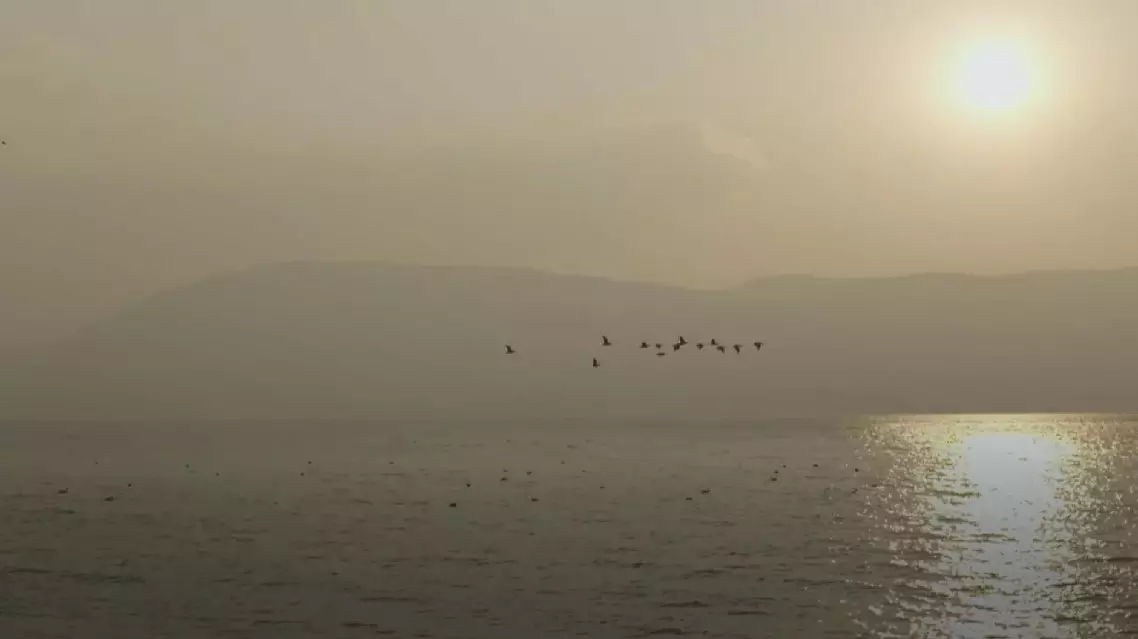
Protecting Erhai Lake and boosting local livelihoods go hand in hand in Yunnan


